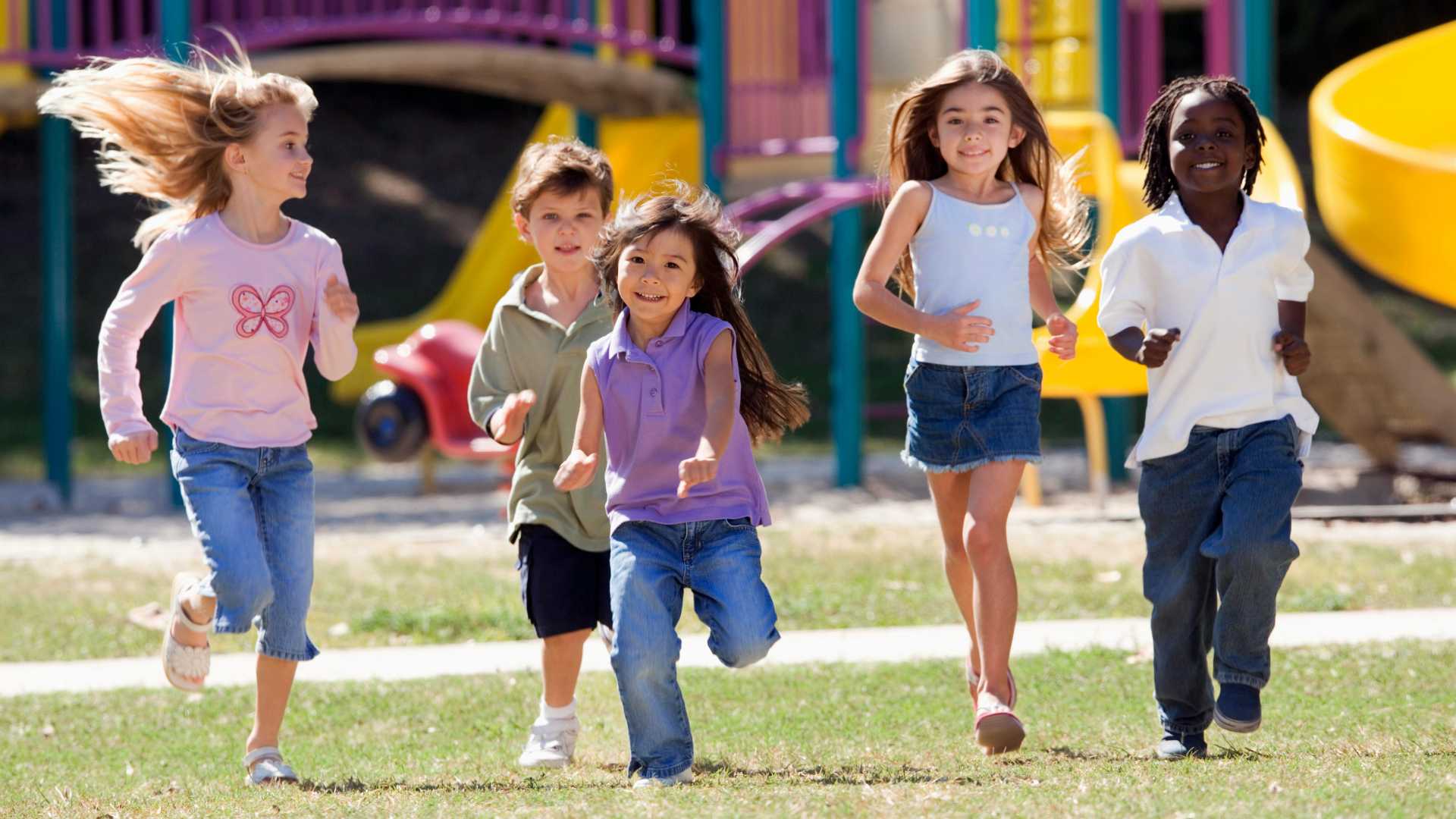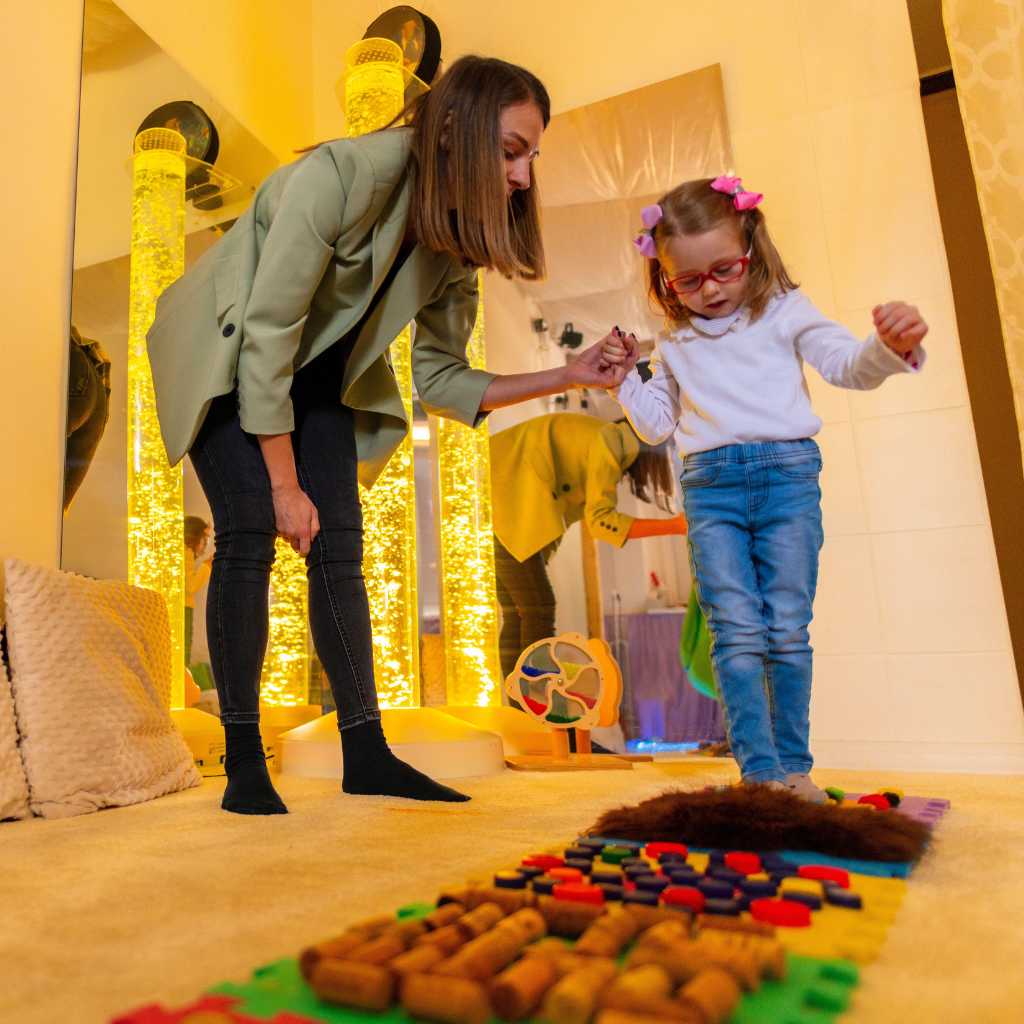Table of Contents
How to prepare a child with autism for outings?
For many families, navigating autism and public spaces can feel anything but simple. Whether it’s going to the grocery store, attending a doctor’s appointment, or walking into a new school environment, public spaces often pose unique challenges. Research shows that 95% of children with autism experience sensory processing differences, making everyday environments challenging to navigate. From overwhelming sensory input to unexpected routine changes, navigating autism and public spaces requires preparation, patience, and understanding.
So, how to prepare a child with autism for outings?
The short answer: start small, be consistent, and plan. But the whole picture is more complex—and hopeful. In this blog by ABA Centers of Florida, we’ll explore how children with autism experience public environments, the challenges families often face, and the support systems, like ABA therapy and early intervention, that make a real difference. If you’re a parent or caregiver navigating these moments daily, this guide is for you!
Understanding Autism and Public Spaces
Autism Spectrum Disorder (ASD) affects how individuals perceive the world and interact with their surroundings. That’s why autism and public spaces can be a complex combination—new environments are often unpredictable, loud, and full of sensory stimuli that can feel overwhelming to someone with autism. A crowded waiting room or a buzzing school hallway might seem ordinary to most people, but can trigger anxiety, confusion, or even meltdowns in children on the spectrum.
These difficulties often intersect with broader challenges like autism and routine changes, communication barriers, and difficulty adapting to new environments. Outings disrupt the familiarity and structure that many children on the spectrum rely on to feel safe.
According to a recent systematic review, disruptions to routines during the COVID-19 pandemic led to increased anxiety and depression in individuals with ASD. This finding underscores just how deeply transitions and environmental changes can affect emotional well-being.
Autism and Going Out: Key Challenges Families Face
- Sensory Sensitivities in Public Spaces
According to the Australian Occupational Therapy Journal, roughly 95% of children with autism experience sensory processing differences. Bright lights, background noise, unfamiliar smells, or physical touch (like crowded lines or tight seating) can trigger sensory overload. These sensory sensitivities might look like covering ears, shutting down, or displaying challenging behaviors—not out of defiance, but because the world feels too loud or too much.

Many parents find that even well-planned activities can spiral when their child is overstimulated. This is why sensory-friendly environments, like dimmer lighting, quieter times, or smaller crowds, can make such a difference.
- Communication Difficulties
Communication struggles are another central challenge. According to research from Osong Public Health and Research Perspectives, up to 91.4% of children with autism have difficulty forming phrases, while over 75% struggle with basic articulation. Communication difficulties can make expressing discomfort or asking for help during an outing tough.
Nonverbal children or those with limited language may feel trapped in situations where they can’t communicate their needs, adding to their frustration and, at times, leading to behavioral outbursts.
- Transitions and Routine Interruptions
Transitions are tough for many children, but for those with autism, they can be especially distressing. Autism and routine changes often don’t go well together. Whether it’s shifting from playtime to errands or adjusting to a different school schedule, changes in routine can spark anxiety, resistance, or shutdowns.
The International Journal of Educational and Life Transitions emphasized the importance of familiar, coordinated transitions led by trusted individuals, particularly during school changes. Predictability isn’t just comforting for kids with autism—it’s necessary.

Navigating autism and public spaces takes planning, flexibility, and the right tools. Here are practical strategies to help your child—and your whole family—feel more prepared and at ease.
- Plan to Reduce Anxiety
Preparation is everything when it comes to autism and going out. Think beyond where you’re going—consider when, how, and with what support. Choose times of day when your child is calm and well-rested (usually mornings work best) and avoid peak hours if possible. A quiet weekday outing is often more successful than one during a busy weekend rush.
Involve your child in the planning process whenever possible. Let them help choose where to go, what items to bring, or even what route to take. Giving them a sense of control can ease the anxiety that comes with autism and routine changes.
Set clear, achievable expectations before leaving home. For example: “We’ll go to the grocery store for 30 minutes. You’ll stay close to me, and we’ll get your favorite snack at the end.”
- Use Visual Schedules and Social Stories
Kids on the autism spectrum often thrive when they know what to expect. Visual schedules—simple picture sequences that outline each part of the outing—can bring predictability to unfamiliar situations. A visual plan for a shopping trip might include: getting in the car, entering the store, selecting items, paying, and going home.
Social stories go one step further. These short, personalized narratives explain what will happen, why it matters, and how your child can respond. For example: “Sometimes stores are noisy. If it’s too loud, I can wear my headphones or take a break.” These tools can dramatically lower stress and build emotional readiness.
- Create a Sensory Toolkit
Autism and new environments often mean facing unexpected sensory input—bright lights, loud noises, new smells. A well-stocked sensory kit can make all the difference. Keep it small, portable, and tailored to your child’s needs.
Many public spaces now offer sensory-friendly hours or quiet zones. Museums, theaters, and even some grocery stores are adapting to support families of children with autism better. Research local options and use them as stepping stones toward more challenging outings.
- Reinforce Positive Experiences
Celebrate progress, no matter how small. You might say, “You stayed in the store for 10 minutes today! That’s a big win.” Positive reinforcement creates positive associations with public spaces, helping your child build confidence and resilience over time.
- Build Independence Gradually
Comfort in public settings comes with time and repetition. Start with low-pressure outings—like a short walk in a quiet park—and work up to more complex scenarios. Each successful outing is a building block toward greater independence.
- Prepare for the Unexpected
Even with the best planning, surprises happen. And for children with autism, surprises can be tough. To support them through autism and routine changes, build flexibility into your plans.
Try including “change time” in your visual schedule so your child knows that something different might happen. Role-play different situations ahead of time: What if the store is closed? What if the bus is late? Giving your child these scripts in advance helps them feel more in control when the unexpected occurs.
- Practice Emotional Regulation
When autism and public spaces collide, emotional regulation is essential. Help your child develop calming tools they can use on their own—like breathing exercises, counting, or using a favorite sensory item.
- Create Safe Routines and Emergency Plans
Safety is a vital concern during outings. Practice road safety, stay close in public, and identify trusted adults like security staff or store employees. Review what to do if you get separated: Stay in one place, look for help, and don’t leave the building.
Why ABA Therapy and Early Intervention Matter
Applied Behavior Analysis (ABA) therapy is one of the most research-backed and practical approaches for teaching children with autism how to navigate the world, including public spaces.
ABA focuses on teaching skills in small, structured steps and reinforcing positive behaviors. When applied to real-life scenarios like going to a restaurant or visiting the doctor, ABA can help children:
- Practice appropriate social behavior
- Build tolerance to sensory input
- Improve communication using speech or alternative tools like PECS
- Prepare for transitions and respond flexibly to changes
Early intervention is especially impactful. When started in early childhood, ABA therapy can support foundational skills like emotional regulation, task switching, and communication—all essential for handling outings with more confidence.
Real-Life Support: Community Events at ABA Centers of Florida
Navigating public outings shouldn’t feel isolating, and it doesn’t have to.
At ABA Centers of Florida, we believe that families deserve more than therapy sessions; they deserve support systems. That’s why we host regular community outings and social events for our clients. Our team thoughtfully designs these outings to help children practice real-world skills in safe, supportive environments while giving parents a moment to breathe.
Whether it’s a trip to the park, a sensory-friendly movie day, or a playgroup at a local gym, these events provide:
- Opportunities to socialize
- Hands-on learning experiences
- A chance for families to connect and support one another
Most importantly, they show kids that the world is full of places where they are welcome, understood, and celebrated.
You’re Not Alone on This Journey
Navigating autism and public spaces comes with real challenges—but also real hope. Understanding your child’s unique needs, preparing thoughtfully, and seeking the proper support can turn daunting outings into meaningful experiences.
If you’ve ever asked yourself, “How do I prepare my child with autism for outings?” know that you don’t have to figure it all out alone. Early support, ABA therapy, the right strategies, and a community that understands make all the difference.
At ABA Centers of Florida, we’re here to walk alongside you. Whether you’re looking for a diagnosis, early intervention, or ongoing ABA therapy, our team is ready to help your child thrive in every environment—public spaces included.
Contact us today by calling (772) 773-1975 or schedule a free consultation. Together, let’s build skills, confidence, and joyful moments—one step at a time.









